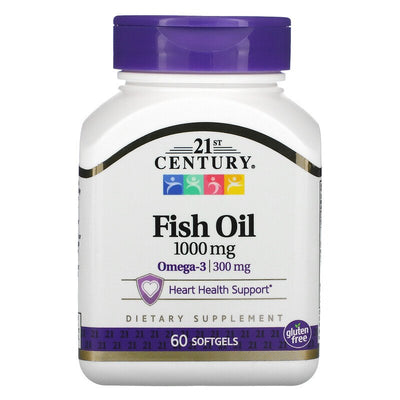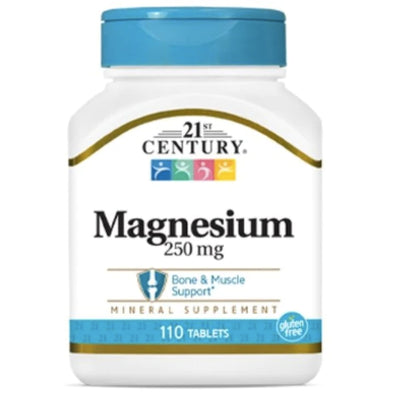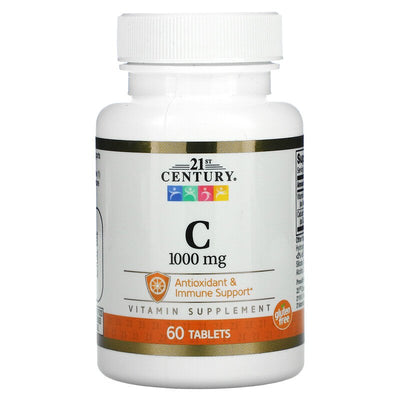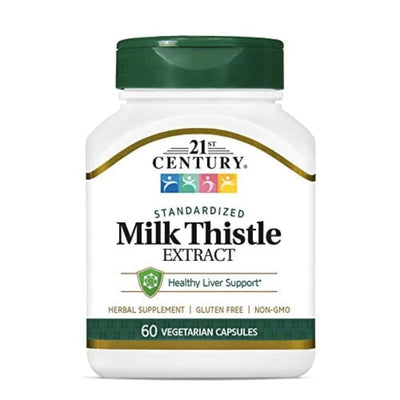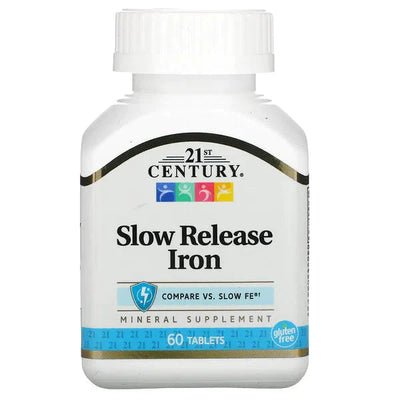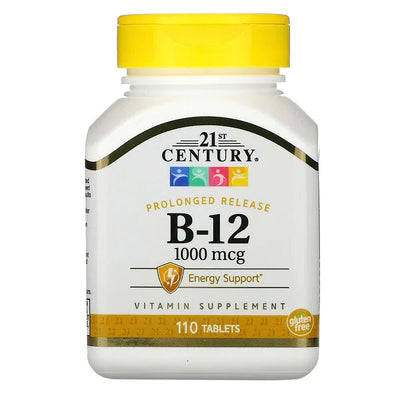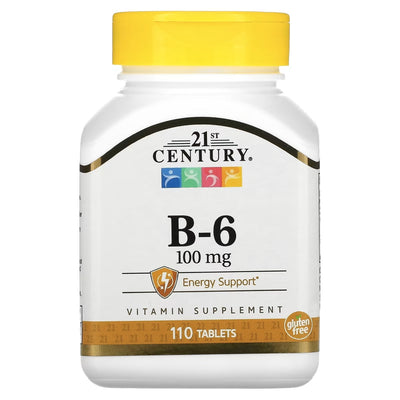
Plant-Based Protein Sources: Meeting Nutritional Needs Without Meat
The Importance of Plant-Based Protein
Protein is crucial for building and repairing tissues, supporting immune function, and producing essential hormones and enzymes. For those on a plant-based diet, finding adequate sources of protein is essential to maintain overall health and muscle function.
Top Plant-Based Protein Sources
Legumes
Beans, lentils, and chickpeas are staples in a plant-based diet, offering between 15-25 grams of protein per cooked cup. They are also rich in fiber, which can help improve digestive health and lower cholesterol levels.
Tofu and Tempeh
Derived from soybeans, tofu and tempeh are versatile protein-rich foods that can absorb a wide range of flavors, making them an excellent meat substitute in various dishes. Tofu typically contains about 8-15 grams of protein per 100 grams, while tempeh can offer around 19 grams.
Quinoa
Unlike most plant foods, quinoa is a complete protein, meaning it contains all nine essential amino acids. One cup of cooked quinoa provides about 8 grams of protein, along with a healthy dose of iron and fiber.
Nuts and Seeds
Almonds, peanuts, chia seeds, flaxseeds, and hemp seeds are excellent sources of protein, healthy fats, and other vital nutrients like magnesium and zinc. They are perfect for snacking or adding a protein boost to salads and smoothies.
Seitan
Made from gluten, the main protein in wheat, seitan is known as wheat meat or wheat protein. With a meat-like texture, it contains about 25 grams of protein per 100 grams, making it one of the highest plant-based protein sources.
Plant-Based Protein Powders
Available at Supps247, plant-based protein powders such as pea, rice, and hemp protein offer concentrated sources of protein ideal for shakes and smoothies. They are an excellent supplement for those needing a high protein intake, especially athletes and bodybuilders.
Benefits of Plant-Based Protein
Incorporating plant-based proteins into your diet offers several health benefits:
- Reduced Risk of Chronic Diseases: Studies suggest that plant-based diets can lower the risk of heart disease, diabetes, and certain types of cancer.
- Environmental Sustainability: Plant-based proteins generally require fewer resources and produce fewer emissions than animal-based proteins.
- Diverse Nutrients: Plant-based foods tend to be high in fiber, vitamins, and minerals, supporting overall health beyond just providing protein.
How to Incorporate Plant-Based Proteins
To meet your protein needs on a plant-based diet, consider the following tips:
- Diversify Your Sources: Include a variety of protein sources to ensure you get all essential amino acids.
- Plan Your Meals: Think about your protein sources as you plan your meals throughout the day to ensure you meet your dietary requirements.
- Use Supplements: Consider incorporating plant-based protein powders into your diet as a convenient way to boost your protein intake.
Conclusion
Plant-based proteins are not only viable alternatives to meat but can also provide unique health benefits while satisfying daily nutritional needs. Whether you are fully vegan or simply looking to reduce your meat consumption, a wide variety of plant-based proteins are available to help you maintain a balanced and healthy diet. Explore the options available at Supps247 to find high-quality plant-based protein supplements that fit your lifestyle and nutritional goals.








